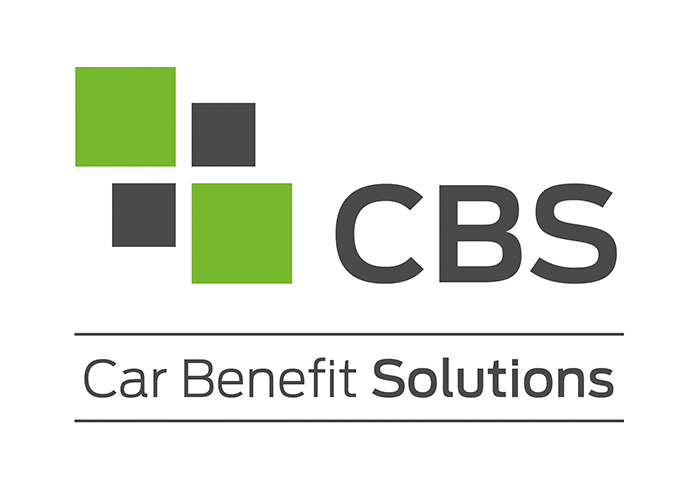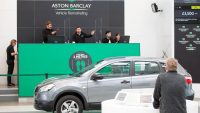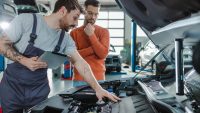Car dealers are facing higher outgoings at the start of the next tax year after the government announced a rise in national insurance contributions.
As a result of the announcement, which was made on September 8, dealers will be looking for ways to offset the extra cost.
To find out how, we caught up with specialist firm Car Benefit Solutions to see what can be done.
Here is what it said…
With national insurance contributions (NICs) rising by 1.25 per cent across the board from April 2022, employers will be contributing 15.05 per cent in NICs on employees’ earnings over £737 per month or £8,844 per annum – up from the current rate of 13.8 per cent.
Following the Covid-related restrictions, which hit the automotive industry hard, this increase is going to significantly increase payroll costs, especially so for dealerships with a large workforce.
If we analyse the numbers and calculate the additional cost for the employer based on an employee earning £30,000 per annum, the employer will be paying out an extra £264 in NICs per employee, per year.
Multiply these numbers for the larger dealerships and payroll is increasing by £13,255 for 50 employees, £26,450 for 100 employees and £52,900 for 200 employees.
Not only will the payroll bill increase for employers, but so will the benefits bill, because the increase is also applicable to Class 1A NICs.
This means it will cost more to provide benefits in kind (BIK), including company cars.
Now is the time to act, before your business is landed with a larger national insurance bill. The table below outlines the increases you will face if you do nothing.
| Annual Employee Salary | Annual Current Employer NI Payment – 13.8% | Annual Additional 1.25% NI Payment – 15.05% |
| £20,000 | £1,540 | +£139 |
| £30,000 | £2,920 | +£264 |
| £50,000 | £5,680 | +£514 |
| £80,000 | £9,820 | +£899 |
| £100,000 | £12,580 | +£1,139 |
An Employee Car Ownership Scheme (ECOS) is unlike other company car arrangements, as the employee is the owner of the car from the outset, meaning the vehicle isn’t subject to BIK tax, unlike a traditional company car.
This structure is recognised by HMRC. So, with these increases in costs imminent, now is the time to rethink your employee car benefits. Creating business savings to balance out or surpass the extra NICs cost are more important than ever, and CBS is here to help.
As the vehicle is owned by the employee and they make repayments on the car, an ECOS removes not only the company car tax liability from the employee but also the cost of Class 1A NICs for the employer, providing significant business savings in comparison with traditional company cars.
Further savings can also be made by the employer by way of the employee’s car contribution.
Using the flexibility of a CBS scheme, the employer can control and determine the distribution of financial savings.
If the business chooses to pass on savings to its employees, it can be a more cost-effective way for employers to deliver a pay rise, as the employee remains better off per annum when compared with company car tax, as the liability is removed in an ECOS.
Over recent years, the cost of providing and driving a company car has risen sharply as a result of scheduled increases to benefit-in-kind rates and Worldwide Harmonised Light Vehicle Test Procedure (WLTP), and now the increase in NI is pushing the cost up even more.
So, with an ECOS from CBS, not only does the employer eliminate the Class 1A NICs payment on the employee’s car benefits, but the additional savings made from the employee’s car contribution can be utilised to offset the increase in NI payments.
To find out more about how a CBS scheme could help your business, contact us today.

Car Benefit Solutions
www.carbenefitsolutions.co.uk
[email protected]
0161 826 0000



































